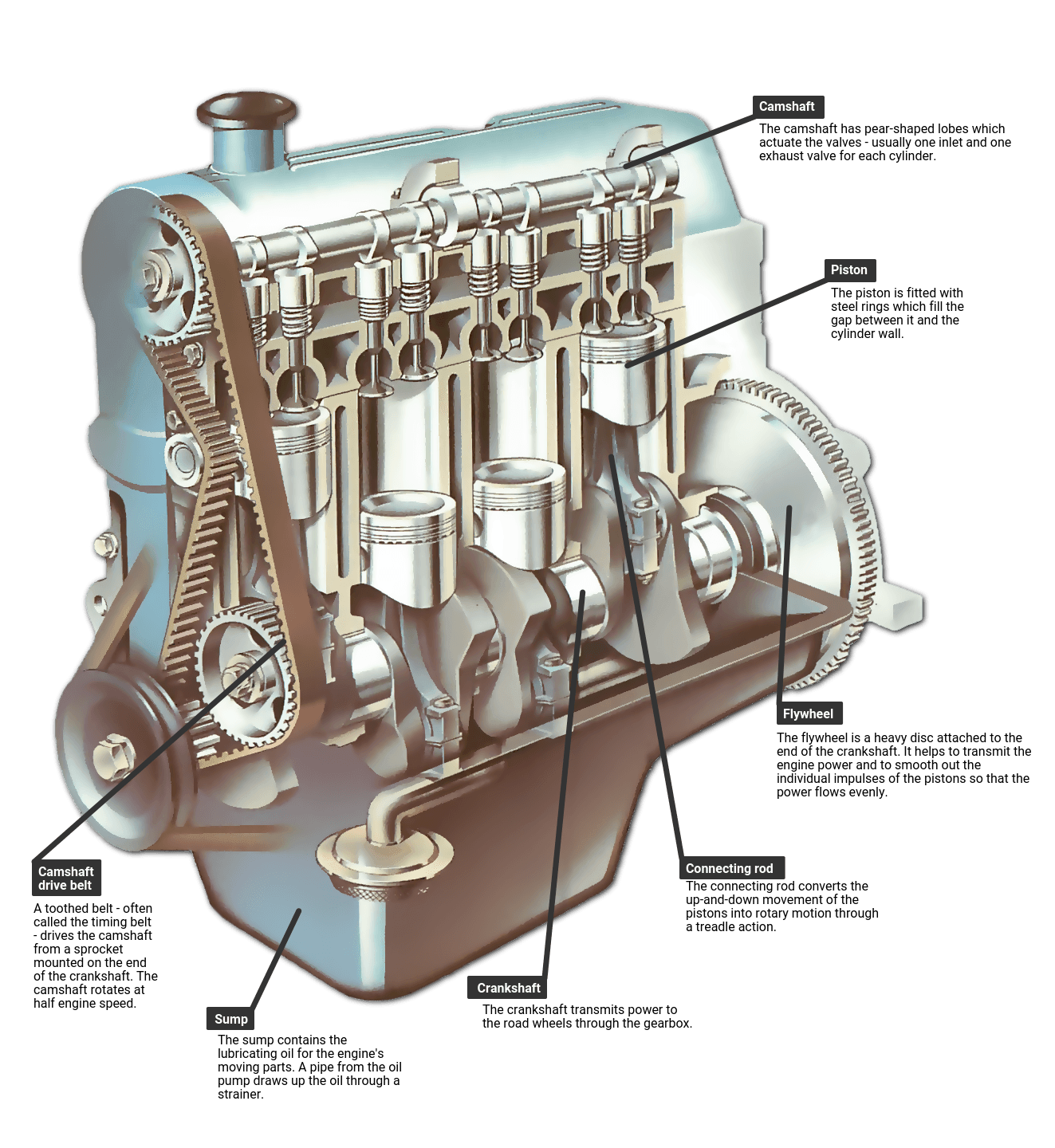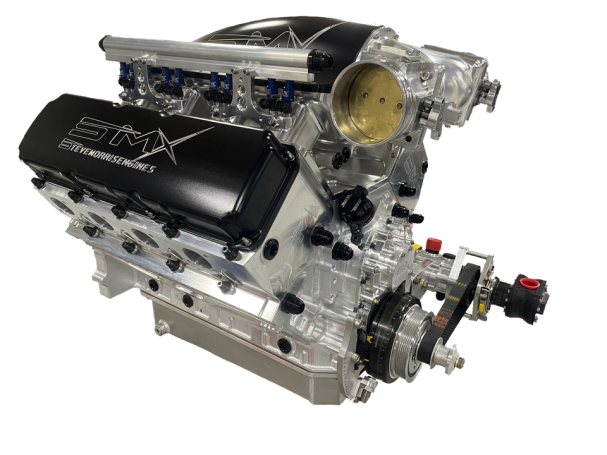What Sets Engines For Africa Apart in the Industry
What Sets Engines For Africa Apart in the Industry
Blog Article
A Complete Overview to Choosing the Right Engine for Your Task
Selecting the ideal engine for your project is a critical decision that can dramatically impact its general success. It is important to meticulously define your project needs, examine efficiency demands, and take into consideration user-friendliness alongside various other vital factors. In addition, comprehending the neighborhood assistance offered and scrutinizing cost implications can further fine-tune your selection. Each of these components plays an essential role in making sure that your selected engine not just meets immediate objectives but also aligns with long-term aspirations. As we explore these considerations, you may locate that the subtleties of each facet reveal more than initially prepared for.
Specify Your Job Requirements
Specifying your project requires is a critical action in choosing the suitable engine for effective execution. An extensive understanding of your job's purposes will lead you in determining the features and abilities called for from an engine. Begin by detailing the scope of your job, consisting of the preferred capability, target audience, and the details outcomes you intend to attain.
Next, consider the technological requirements that straighten with your job goals. This consists of evaluating the compatibility of the engine with existing systems, in addition to the shows languages and frameworks that will certainly be made use of. Additionally, examine the degree of scalability required to fit future development or adjustments popular.
Budget plan restraints also play a crucial duty in defining your project needs. Develop a clear economic structure to guide your decision-making process, making certain that the engine selected fits within your budget while supplying the essential functionality.
Evaluate Performance Requirements

Engines that support horizontal scaling are frequently more suitable for larger applications. Additionally, evaluate the engine's efficiency under various conditions, such as peak usage scenarios, to ensure it meets your integrity criteria.
Take Into Consideration Convenience of Use
While technical specifications are essential, the ease of usage of an engine can dramatically affect the advancement process and total job success. An user-friendly interface, clear documents, and streamlined workflows can considerably reduce the discovering contour for designers, enabling them to concentrate on creative thinking and analytical rather than facing complex devices.
When examining an engine's ease of usage, consider the onboarding experience. A well-structured intro, total with tutorials and example jobs, can facilitate a smoother shift for new customers. Additionally, the clearness and comprehensiveness of the engine's documentation play a critical function; thorough overviews and API referrals can equip designers to troubleshoot and carry out attributes effectively.
Another facet to think about is the engine's customization abilities. An engine that enables easy adjustments can be more easy to use, as programmers can tailor it to fit their certain needs without substantial inconvenience. Finally, analyze the process assimilation with systems and devices you already use. A natural community can improve performance and reduce friction during the development process. Eventually, selecting an engine that focuses on convenience of usage can lead to a much more enjoyable and productive development experience.
Assess Area and Assistance
The strength of an engine's community and assistance network can substantially affect a designer's experience and success. A lively neighborhood typically suggests a wealth of common expertise, sources, and fixing support that can enhance your task's growth procedure. When examining an engine, think about the size and activity degree of its area. Bigger neighborhoods commonly supply a lot more online forums, tutorials, and third-party plugins, enabling programmers to discover solutions extra effectively.
Additionally, examine the availability of main support channels. Reputable paperwork, receptive client assistance, and normal updates are crucial for attending to technical problems and maintaining your job on track. Engines For Africa. Active communities likewise cultivate collaboration, supplying opportunities for networking and comments, which can be important, specifically for independent designers or small teams
Furthermore, explore the existence of community-run occasions, such as meetups or hackathons. These celebrations can improve your understanding of the engine while linking you with potential collaborators and knowledgeable customers. In summary, a robust neighborhood and assistance system not only simplify growth but also produce an atmosphere for finding out and technology, inevitably enhancing the likelihood of your project's success.
Compare Cost and Licensing Options
Budget considerations play a vital function in choosing the ideal engine for your job, as the cost and licensing choices can dramatically influence both temporary expenditures and long-lasting feasibility. Engines For Africa. Various engines provide varying pricing structures, which can consist of single acquisition fees, subscription designs, or revenue-sharing contracts based on your task's revenues

Licensing alternatives additionally differ dramatically. Some engines are open-source, supplying adaptability and community-driven support, while others may require exclusive licenses that limit use and distribution. Comprehending the ramifications of each licensing version is crucial, as it influences possession civil liberties, future scalability, and possible lawful commitments.
Final Thought
Finally, picking the proper engine for a job necessitates a comprehensive evaluation of specified job needs, efficiency requirements, convenience of use, community assistance, and cost factors to consider. By systematically addressing these essential elements, click site decision-makers can ensure positioning with both future and present task demands. An educated option inevitably improves the likelihood of job success, enabling efficient source allowance and optimizing possible outcomes within the defined financial restrictions.
Picking the appropriate engine for your job is a vital choice that can considerably influence its overall success.Defining your job requires is an important step in picking the suitable engine for effective application. A comprehensive understanding of your task's objectives will certainly assist you in recognizing the capacities and features required from an engine.Once you have a clear understanding of your job requires, the following action is to evaluate the performance requirements of the engine.In final thought, picking the ideal engine for a project over at this website necessitates a complete evaluation of defined project requirements, performance demands, convenience of usage, area assistance, and price factors to consider.
Report this page